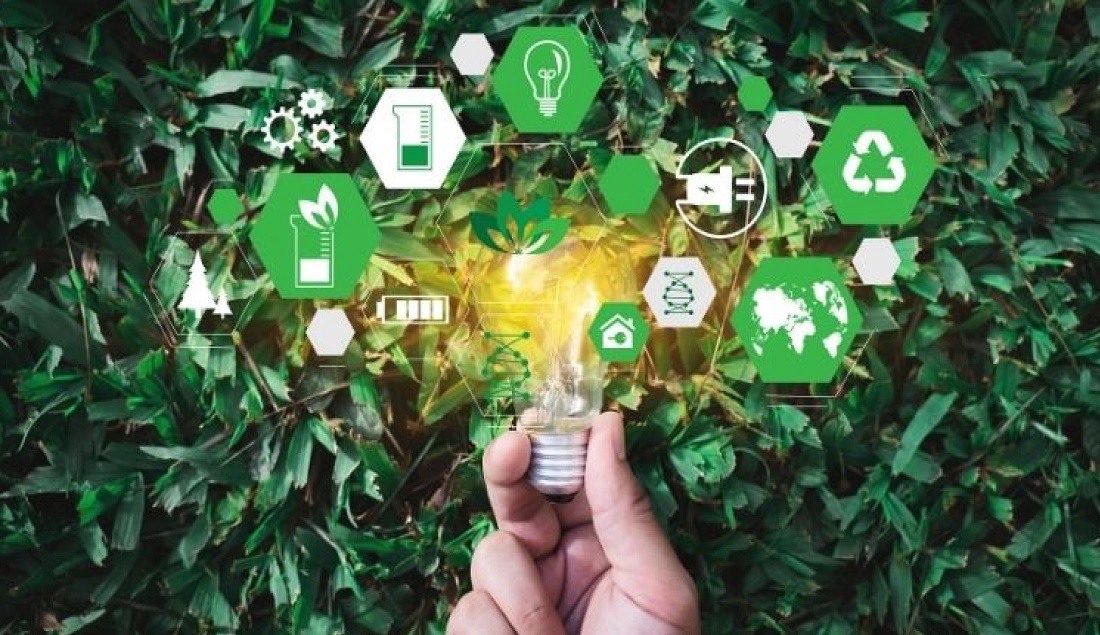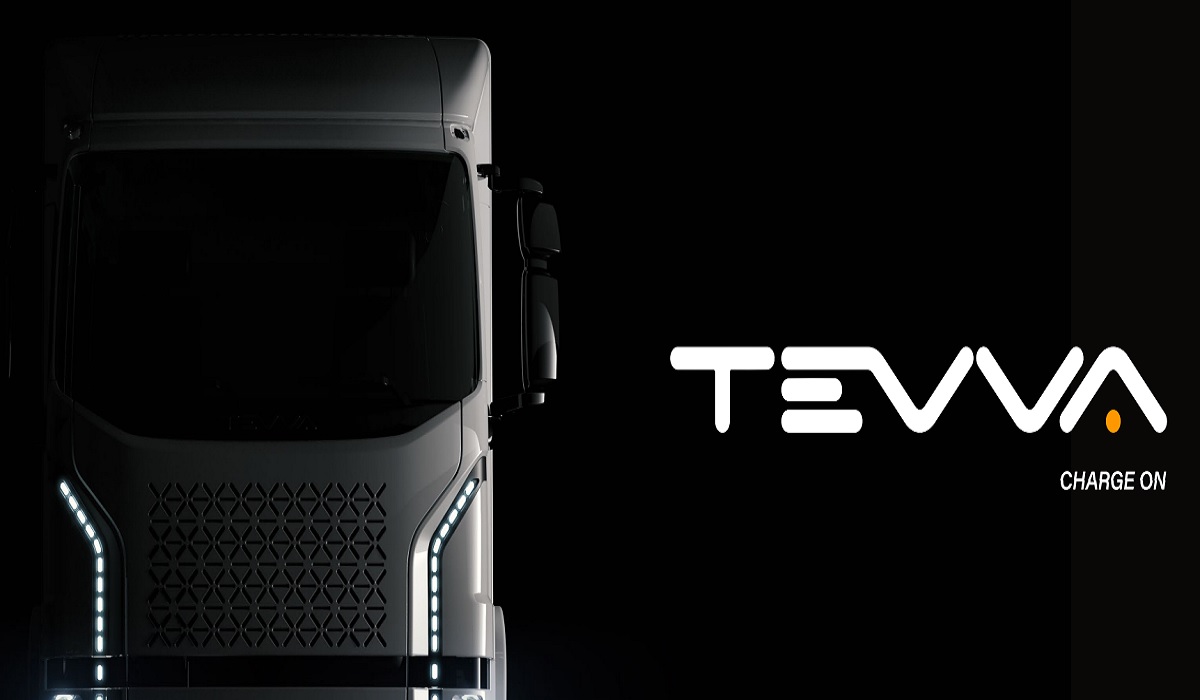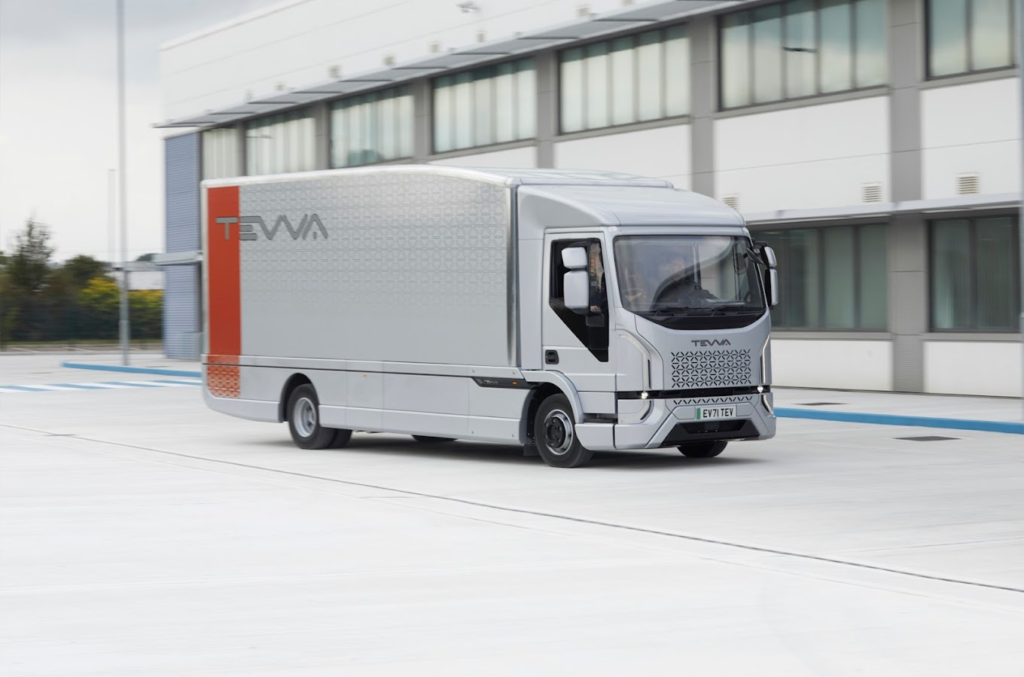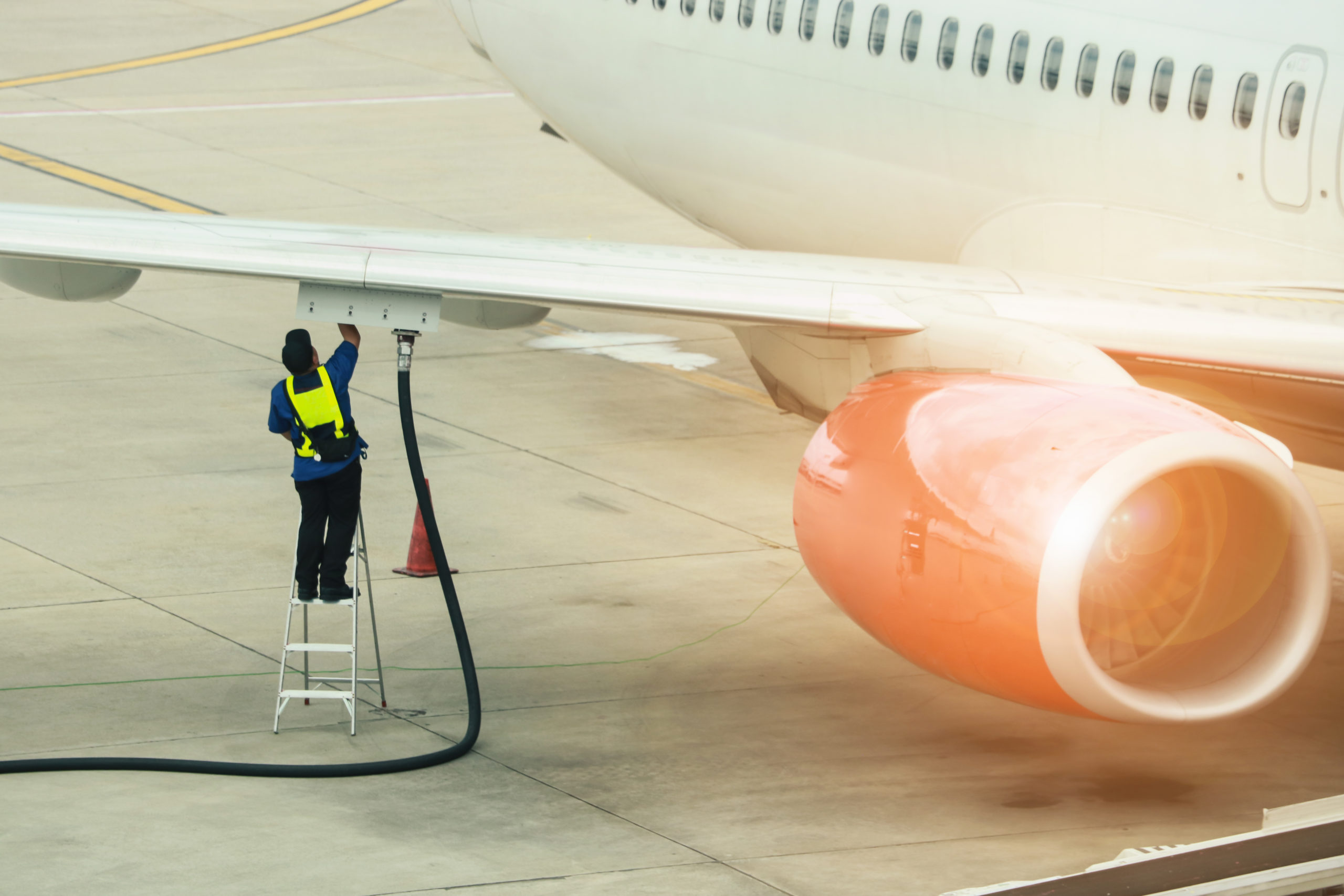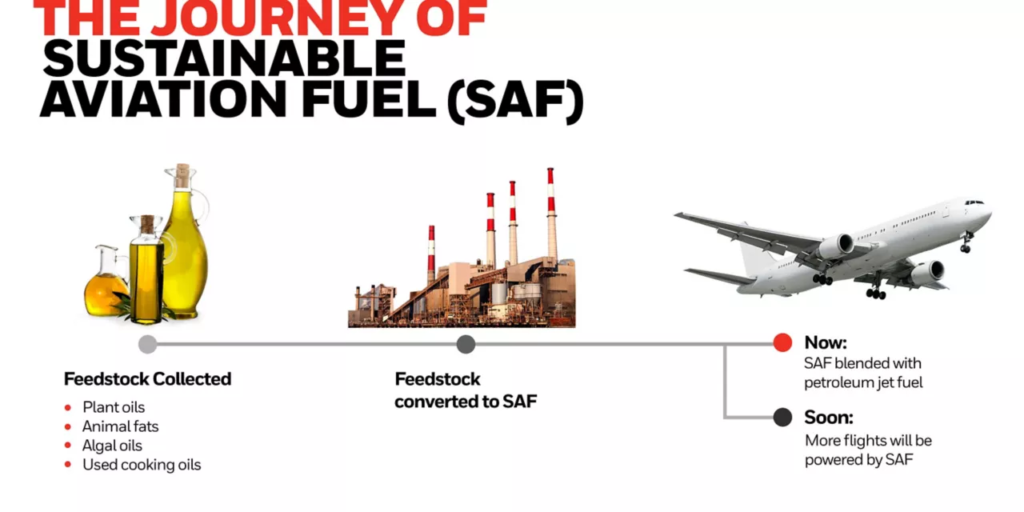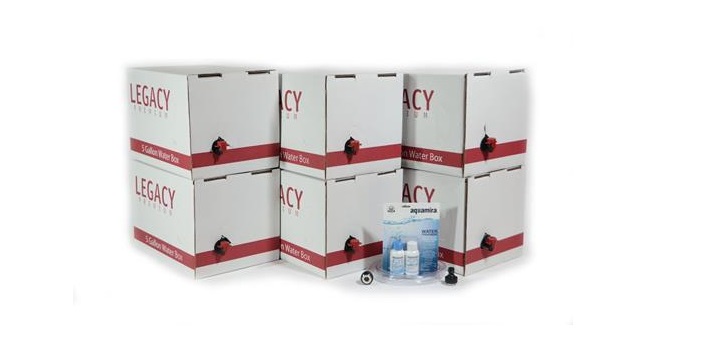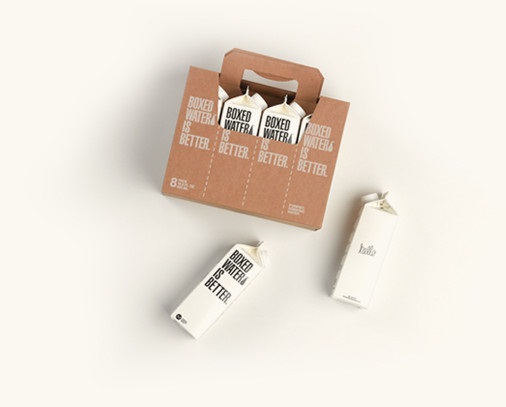 Water. It covers the vast majority of the earth’s surface. Likewise, water also comprises the bulk of the human body. The Earth and humans are each as dependent on the existence of water as the other. The earth’s environment graciously provides human beings with water, our most vital means of survival. It is our responsibility to reciprocate such generosity with the compassion we would show for our dearest friend.
Water. It covers the vast majority of the earth’s surface. Likewise, water also comprises the bulk of the human body. The Earth and humans are each as dependent on the existence of water as the other. The earth’s environment graciously provides human beings with water, our most vital means of survival. It is our responsibility to reciprocate such generosity with the compassion we would show for our dearest friend.
Every year, about 50 billion plastic bottles of water are consumed throughout the globe. A whopping 30 billion of which are downed in the United States alone (amounting to about 60 % of the earth’s bottled water consumption) And 80 % of those plastic bottles end up in a landfill wherein the plastic breaks down into smaller fragments that absorb toxins and corrupt waterways, pollute soil and poison animals.
Even the manufacturing of bottled water is an environmental hazard. A single plastic bottle of water requires three times the volume of the water it takes to merely fill that bottle. And most of that water is rendered useless as a result of the chemicals utilized in the production of the plastic bottle. Without question, a more eco-friendly source of water delivery is an absolute necessity to the conservation of our planets resources. And now that solution has arrived in Canada. Boxed Water is an environmentally friendly and conscious brand and the answer to the drastic environmental cost extracted by the excessive consumption of plastic bottled water.
Boxed Water is new to the Canadian market and is distributed throughout the nation by RM Fresh Brands, which is a wholly owned subsidiary of Legacy Ventures International Inc.(OTCQB:LGYV) Boxed Water is already making waves amongst consumers who love the product for being so eco-friendly and delicious. It is a fresh approach to remedying the environmental nightmares associated with the ubiquitous plastic water bottle.
Instead of plastic bottles, Boxed Water is packaged in a biodegradable box that’s reminiscent of a milk carton. The box is also key to the product’s brand identity. Carrying a simple message of ‘Boxed Water is Better’, this inconspicuous packaging effortlessly explains the concept of Boxed Water while attracting the attention of ecologically-aware consumers.
Benefits of Boxed Water:
(a) BPA/BPS FREE: All Boxed Water cartons are BPA/BPS free, which has been suggested as one of the leading causes of certain cancers.
(b) PACKAGING: 76 per cent of the Boxed Water packing is made from of trees, a renewable resource which renders the product a significantly more sustainable delivery source than the ecologically eradicating plastic bottle.
(c) FILTRATION: The water we drink should be healthy and refreshing. Boxed Waters 5 step filtration system process delivers pure hydration to help get the most out of life. Boxed Water is purified with UV, Carbon and reverse osmosis filtration. It is also free from chromium, arsenic, MBTE, chlorine, fluoride and trace pharmaceuticals.
(d) CONSERVATION: The trees used in Boxed Water come from Well Managed Forests.
(e) SHIPPING-WASTE LESS: Additionally, Boxed Water is shipped flat to the filler, lowering our carbon footprint which is much more efficient than shipping empty and glass bottles to be filled. Studies indicate that shipping accounts for 2.1 percent of annual global C02 and that number could increase up to 250 % by 2050. For one truck’s worth of bottled water,
Boxed Water can deliver 26 trucks’ worth of cartoned water. Boxed Water sends its cartons to its filling plants empty. A single pallet can hold some 35,000 empty, flat-packed Boxed Water cartons. Only after they’re shipped to the filling station are the cartons filled. At the plant, one truck’s worth of empty cartons can be filled to supply the 26 trucks. The space-savings ratio may be even more favorable when comparing the rectangular, easily stacked cartons with their rounded, pre-formed plastic water bottle counterparts.
(f) RESPONSIBILITY: Boxed Water donates at least 1 % of revenue annually to restoration and world water relief through partnerships with The National Forest Foundation and Water.org.
(g) RECYCLING Boxed Waters boxes are 100% recyclable at participating facilities (recyclecartons.com)
GIVING BACK: Boxed Water lessens the environmental impact and also gives back in a big way. During 2015, Boxed Water partnered with National Forest Foundation (NFF) to plant one million trees by 2020. This represents the largest single tree-planting commitment to date for the NFF and marked the start of a five year effort to plant trees in areas of our National Forests with highest ecological significance.
In recent months, Legacy Ventures International Inc. has showcased Boxed Water at major events such as the Toronto Film Festival and Holt Renfrew’s Holiday Kick Off. These partnerships, in combination with Boxed Water’s straightforward packaging, are expected to play a key role in getting the word out about the product by getting it into the hands of celebrities and other influencers.
 Boxed Water represents an opportunity for Legacy to disrupt the Canadian bottled water industry with an eco-friendly, easy-to-ship, deceptively simple solution. As the company continues to identify and target additional disruptive brands in both domestic and international markets, Boxed Water represents the first step in a long term strategic plan to maximize shareholder value for the foreseeable future.
Boxed Water represents an opportunity for Legacy to disrupt the Canadian bottled water industry with an eco-friendly, easy-to-ship, deceptively simple solution. As the company continues to identify and target additional disruptive brands in both domestic and international markets, Boxed Water represents the first step in a long term strategic plan to maximize shareholder value for the foreseeable future.
Boxed Water is available to consumers across Canada at the following select locations: Sobey’s, Whole Foods, Longos, Metro, Foodland, Pusatari’s, along with many smaller retail chains and independents. The brand has also caught the attention of non-traditional retailers including Ripley’s Aquarium and the Canadian Museum of Nature, who choose to exclusively carry Boxed Water as the only water available to the thousands of visitors who pass through their doors every year. More locations both national and local are signing up by the week to carry the brand and choosing this eco-friendly and healthier solution over traditional bottled water brands.
ABOUT LEGACY VENTURES INTERNATIONAL INC
Boxed Water is distributed in Canada through RM Fresh Brands, which is a wholly owned subsidiary of Legacy Ventures International Inc.(OTCQB:LGYV) a Nevada based multinational conglomerate focused on acquisitions of proven and high-potential businesses across a variety of business sectors.
Through the strategic provision of capital and oversight to companies that have innovative products, category game changers and established fast growth brands, LEGACY VENTURES will hit the market with tremendous impact and traction.




